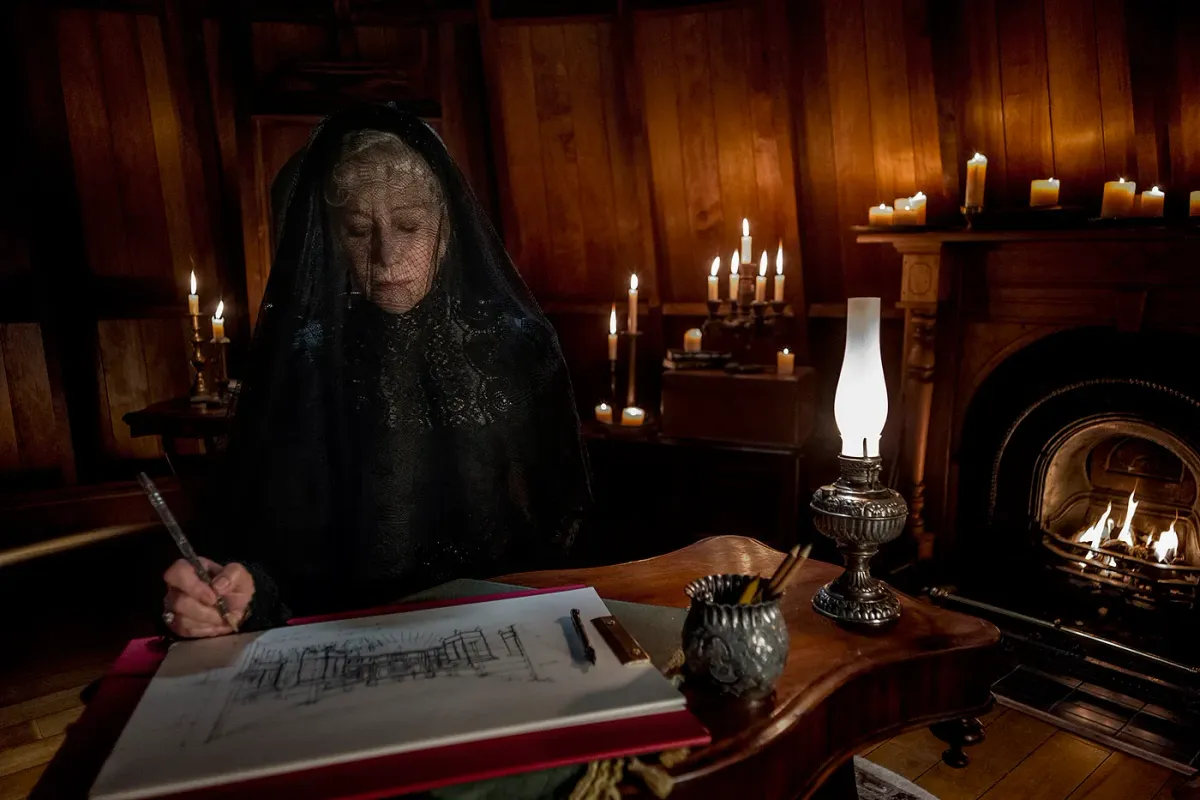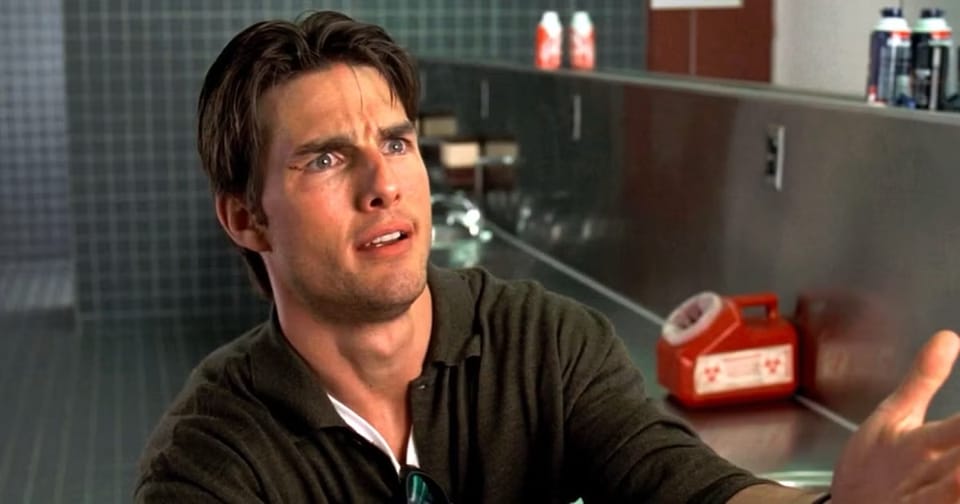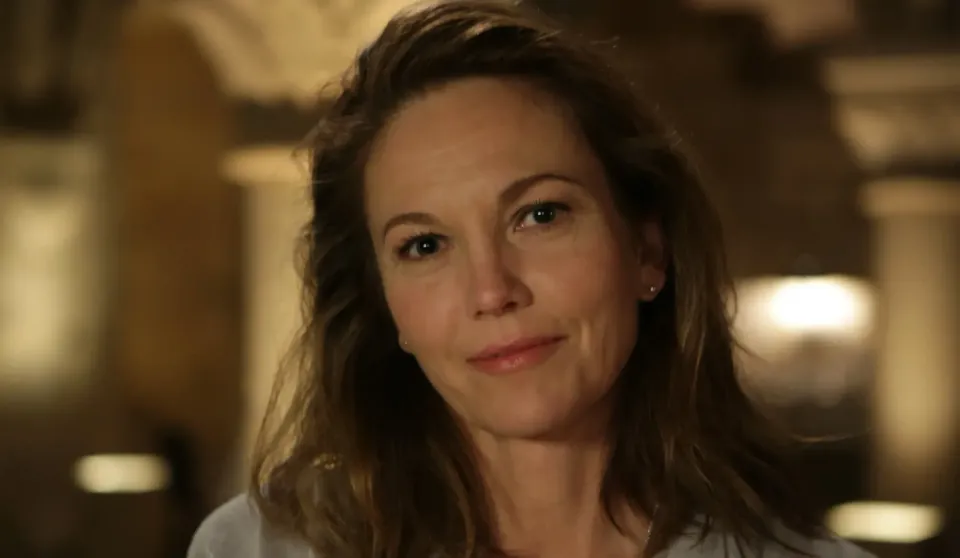Why and How I Fought To Have My Name On A Film That I Hated
THE QUEEN MARY started its WGA credit arbitration this week. Like my last film, WINCHESTER, the arbitration was automatic since an “executive” wrote a draft of the script (usually, a writer has to dispute the proposed credits for arbitration to begin.)

The Story and Plot Weekly Email is published every Tuesday morning. Don't miss another one.
THE QUEEN MARY started its WGA credit arbitration this week. Like my last film, WINCHESTER, the arbitration was automatic since an “executive” wrote a draft of the script (usually, a writer has to dispute the proposed credits for arbitration to begin.) In both cases, the executive was the director. Making the arbitration with directors automatic saves writers from the uncomfortable position of protesting a director’s writing credit. Apparently, trying to remove another writer’s name off a picture is not seen as the bridge-burning event that trying to yank the director’s name off is.
For those unfamiliar, the WGA has the sole authority to determine writing credit for films written under its contracts. It can be quite contentious as credit bonuses and residuals are determined by what the WGA decides. This is how you find yourself fighting to ensure your name is on a movie you actually hate, which is what happened on WINCHESTER.
The early drafts of WINCHESTER were written as a horror film. We wanted long, drawn-out tension and then absolute terror. In my early drafts, Sarah Winchester was a supporting character and more tragic. The focus instead was on the psychiatrists and Sarah’s niece, who worked together and ultimately discovered what was happening in the house.
The directors came on board and wrote their own drafts. Their version focused on Sarah Winchester and an antagonist of their own creation. It’s hard to fault them for this, as the focus on Sarah is likely what got Helen Mirren interested. Mirren was our first choice from early drafts, but it’s hard to know if she would have jumped on board in a supporting role. Without her, the movie doesn’t get made.
But it wasn’t my movie anymore, and I didn’t much like what they did with it. It was my basic idea: a psychiatrist is sent by the Winchester company to determine Sarah Winchester’s mental fitness, but not much else felt like mine. The director’s version was short on tension and horror and relied on jump scares unrelated to the story (something I loathe) to make up for it. In the end, I really hated the final product. Not so much for what it was, but for what it wasn’t. It could have been and should have been so much more. To this day, the wasted opportunity hurts. How do you have that mythology and not have a franchise? It really pisses me off.
Yet, with all that said, I fought tooth and nail to keep my name on it when the directors tried to remove it!
Why? For money. That’s it. I had a significant credit bonus and residuals on the line. I had lost all my previous arbitrations because I thought the work would speak for itself. It doesn’t. Or at least it didn’t in those cases. There are two movies that don’t have my name on it that should, and another film I had to share credit when I shouldn’t have. For WINCHESTER, I wasn’t taking any chances.
The process of WGA arbitration is that each writer can submit a statement and any drafts or materials that back it up. So if you think you deserve sole credit, you say so, and you argue why. Shared credit? Same thing. Now, it’s supposed to be objective. A director needs to contribute at least 50% of the final shooting script, but they don’t mean literally 50% of the text. They mean the overall feel and substance. The “dramatic construction.” But how do you measure 50% of that?
You don’t. So you find yourself arguing things like, “Yes, the scene is moved, and the dialogue is different, but it is essentially the same scene I wrote in draft two. Only the most superficial stuff has changed.”
So three arbiters read all the relevant drafts, the statements, and any supporting material, and they make a determination. The most writers I have ever had on arbitration is three. On a studio film, you could have a dozen or so writers and I don’t envy everyone who has to sift through all those drafts to try to come to a fair conclusion.
For Winchester, my personal statement was 18 pages long! I included a table in the document that listed each scene in the shooting script and how my previous drafts influenced it (or didn’t, as I tried to be honest.) I went all out. I made it clear when they just changed a character’s name, or split a character up, or whatever I could to state, “that’s essentially mine.” And you have to do this all without disparaging anyone, knocking the now shitty script, or hinting that you’re pissed that these motherfuckers are trying to take your name off the film entirely.
Ultimately, I was “awarded” the first position shared credit. I found this disappointing. I wanted sole credit and, therefore, twice the bonus. Plus, a first position shared credit shouldn’t even be possible. Having your name first is supposed to designate you contributed more, but a director needs to contribute more than 50% to have their name included. They would have to be the first position by the math or no position at all. As I said, we pretend it’s objective, but it’s not, and I don’t see how it possibly could be.
So the joke here is pretty clear: I was disappointed that I didn’t get sole credit for a film I hated and that didn’t feel like mine.
Then the reviews came out, and critics hated it more than I did! As of today, it stands at 13% on that abomination Rotten Tomatoes. I was nominated for one of those stupid Razzie’s for the script! (I felt strangely vindicated by that. They should have went with my draft! My draft would not have been nominated for a Razzie!)
Now I have to say, I think the critics were unnecessarily harsh. The movie’s a disappointment, you’ll get no argument from me. But it wasn’t incompetent. I don’t know why the negativity was so intense, but people seemed to really enjoy writing the bad reviews. It was strange, and I don’t wish that morning on anyone. I had the emotional armor of knowing it wasn’t really mine, and it was still a painful experience. I imagine the directors had a far worse day than I did.
Years later, I still don’t know what to say when someone tells me they like the film. I resist the urge every time to say, “Really? Why? It could have been so much better!” I try to politely say thank you, but it’s definitely a sore spot. The missed opportunity still hurts.
But the only reason my name is on it at all is that I fought for it. Such is the odd incentive of the WGA arbitration.
The Story and Plot Weekly Email is published every Tuesday morning. Don't miss another one.
When you're ready, these are ways I can help you:
WORK WITH ME 1:1
1-on-1 Coaching | Screenplay Consultation
TAKE A COURSE
Mastering Structure | Idea To Outline




